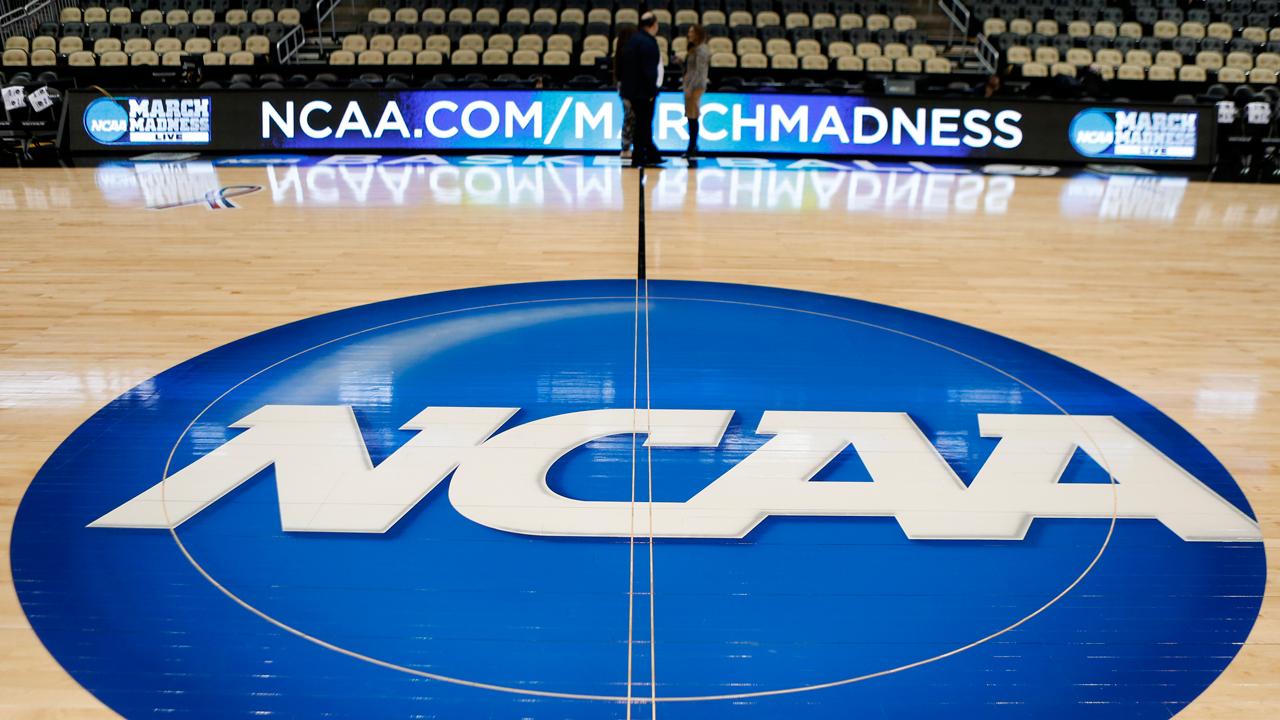California's 'Fair Pay to Play Act' converts college athletes into employees, NCAA president says
NCAA President Mark Emmert expressed his dissatisfaction with California’s law which will allow college athletes in the state to be allowed to profit from their names, images and likenesses.
Last week, California Gov. Gavin Newsom signed the bill into law which will take effect in 2023. Emmert made his first public comments on the issue to the Indianapolis Star on Thursday, saying the law essentially turns student-athletes into employees at their college or university.
“This is just a new form of professionalism and a different way of converting students into employees,” he said. “[They may be] paid in a fashion different than a paycheck, but that doesn't make them not paid.”
Emmert said he can see the California law devolving into players being paid to play and added that his issue wasn’t with compensating players.
CLICK TO READ MORE ON FOX BUSINESS
“The biggest worry is that when you have complete unfettered licensing agreements or unfettered endorsement deals, the model of college athletics is negligible at best and maybe doesn't even exist,” he said.
“Those deals would be arranged with support or engagement of school ... so they do become professional employees of schools. That is what most member schools are concerned about, not that people are opposed to have an appropriate way to get some form of [compensation for athletes].”
The NCAA has long banned paying athletes to preserve the academic missions of colleges and universities. California’s law also states that players cannot be thrown off their teams from being paid.
The NCAA has a history of coming down on players for receiving gifts or compensation of any kind.
GET FOX BUSINESS ON THE GO BY CLICKING HERE
Donald De La Haye, a former University of Central Florida kicker, had his football scholarship taken away by the school in 2017 because of the revenue he was generating from his YouTube channel. The NCAA determined his videos were a violation of eligibility rules, according to the Orlando Sentinel.




















